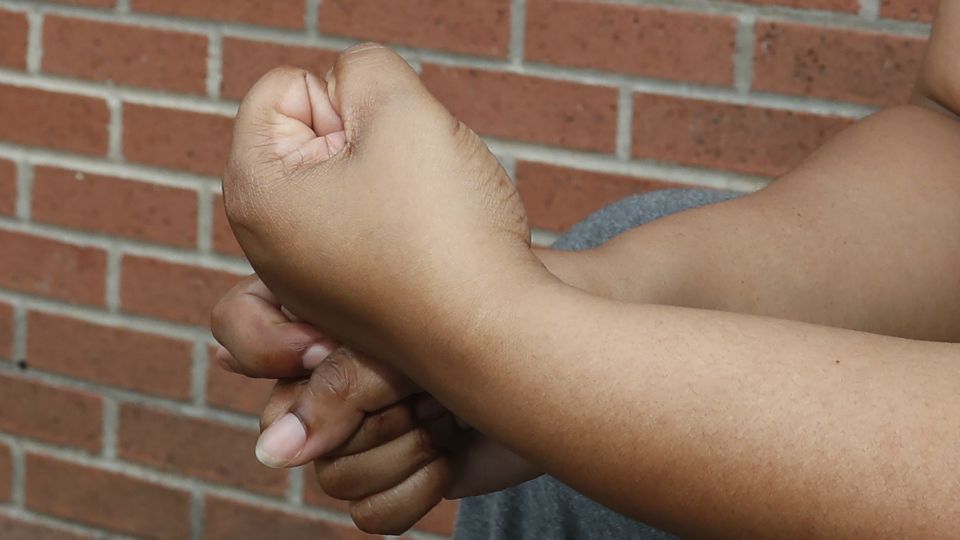Born February 19, 1950 in Philadelphia, Pennsylvania, Bebe Moore Campbell was an award-winning journalist, a New York Times best-selling author thrice over, a teacher, a regular commentator on National Public Radio — and a national spokesperson for the National Alliance of Mental Illness (NAMI) as well as the co-founder of NAMI Urban Los Angeles.
On November 27, 2006, Campbell passed away at age 56 due to cancer.
Two years later, in May 2008, the U.S. House of Representatives announced that July would be known as the Bebe Moore Campbell National Minority Mental Health Awareness Month.
Approximately 30 percent of African Americans with a mental illness receive treatment compared to 43 percent of the total population of people with mental illness, according to the 2018 National Survey on Drug Use and Health.
“The effect of racism and racial trauma on mental health is real and cannot be ignored,” Daniel H. Gillison, Jr., the CEO of NAMI, said. “The disparity in access to mental health care in communities of color cannot be ignored. The inequality and lack of cultural competence in mental health treatment cannot be ignored."
Throughout the month, the Buffalo chapter of the NAACP will be hosting Facebook Lives on the intersection of the COVID-19 pandemic, the protests and mental health in the Black community.
The next Facebook Live event is July 13, at 6-7 p.m. est, with Erin Moss, a licensed mental health provider in Buffalo. Moss will discuss Women's Mental Health Amid the COVID19 Crisis and Black Lives Matter Movement.
Both the health disparities of the COVID-19 pandemic and in the mental and behavioral health care system are due to systemic inequalities in social determinants of health (where you eat, live, access to transportation) of health that exist in America.
However, addressing those inequalities in poverty, transportation, access to food and other social determinants of health could improve disparities by 10-20 percent, said Timothy Murphy, the UB Community Health Research Institute director.
In an ongoing series, NAMI highlights perspectives on mental health across backgrounds.
In November 2005, Campbell joined an episode of Morning Edition to discuss the mental illness of a family member.
“The word ‘crazy’ relegates people to a world of semi-human. My relative didn't want to live there,” she said during that interview. “People of color, particularly African Americans, feel the stigma more keenly. In a race-conscious society, some don't want to be perceived as having yet another deficit. Others find it hard to trust medical personnel who don't seem to understand their culture...The psychiatric community must address inequities in treatment.”



